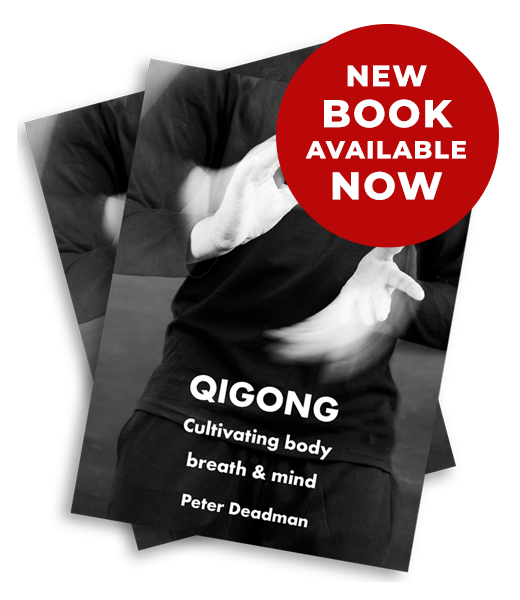Sun Simiao, the great 7th century Chinese physician, said:
“The Way of nurturing life consists of … never sitting nor lying for a long time … extended lying down damages the qi … extended sitting damages the flesh.”
The truth of this observation has been gradually revealed over the last few years of exercise research. It has even been said that however much exercise you do, extended hours of sitting (for example an eight hour day in the office followed by an evening on the sofa) will significantly increase your risk of heart (and other chronic) diseases. Various studies have shown that those who are steadily active during the day – walking, climbing stairs, doing moderate manual labour etc. – enjoy better health than those who intersperse long hours of sitting with even vigorous exercise.
It’s not surprising really. Our bodies are adapted to levels of physical activity required during our long ancestral past and it would mostly have been babies, the very old and the sick who remained immobile for hours at a time. The rest were kept busy hunting, gathering, washing clothes, travelling from place to place, pounding grain, kneading bread, chopping wood and more.
Now, however, a study has attempted to put a figure on the minimum amount of exercise needed to counter hours of sitting and it appears to be thirty minutes for every four hours. So an eight hour office day plus three or four hours on the sofa would need 90 minutes throughout the day of moderate exercise. This can include brisk walking and cycling, and presumably yoga, tai chi and gardening although it is not clear from the study how much even moderate aerobic stimulation was required. Those who exercised at this level, despite long sitting, had a dramatically reduced risk of developing heart disease, diabetes and some cancers compared to those who exercised little.
One other, and apparently contradictory, finding was that the damaging effect of three or more hours a day of TV watching was barely countered however much exercise was taken. It may be that we are even more immobile watching TV than when working at a desk or reading.
These findings have social, political and environmental repercussions as well as personal ones. Encouraging walking and cycling, for example, must be part of all city planning, since it has been established that when walking/cycling friendly environments are created, there is less car use with consequent reduction in carbon and toxic vehicle emissions, greater social interaction, and better health. Since the untold millions invested in the London Olympic Games had no apparent impact on increasing levels of physical activity in the population, let’s stop funding elitist spectator sports and put the money into projects that benefit the whole community.
Does physical activity attenuate, or even eliminate, the detrimental association of sitting time with mortality? A harmonised meta-analysis of data from more than 1 million men and women
Prof Ulf Ekelund et al.
http://www.thelancet.com/journals/lancet/article/PIIS0140-6736(16)30370-1/fulltext





